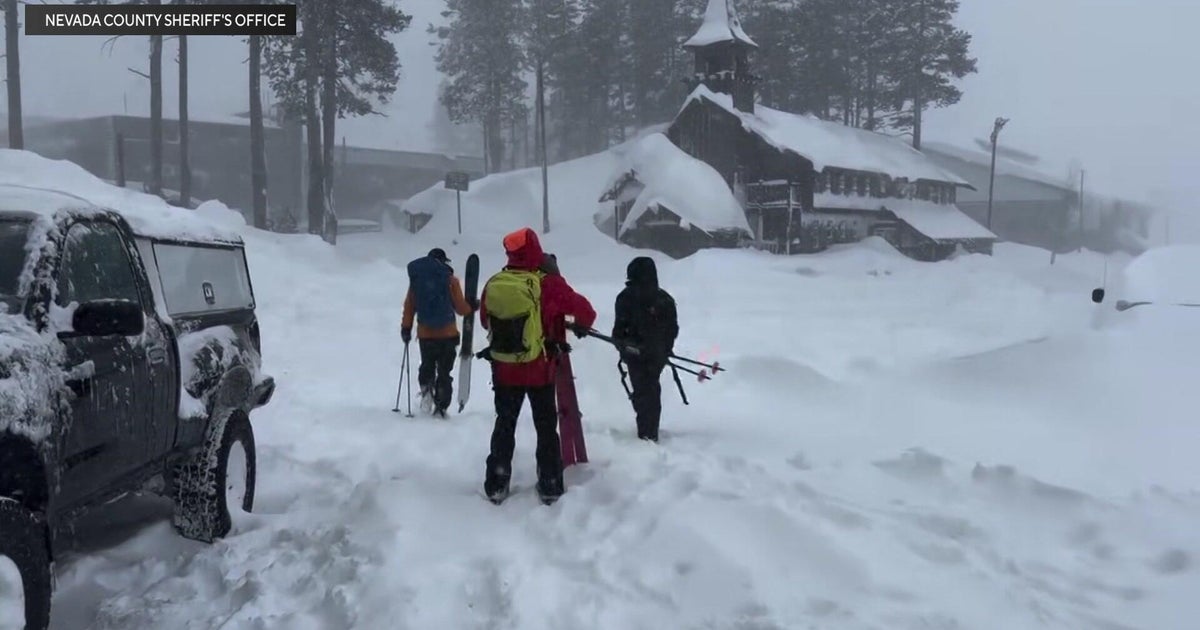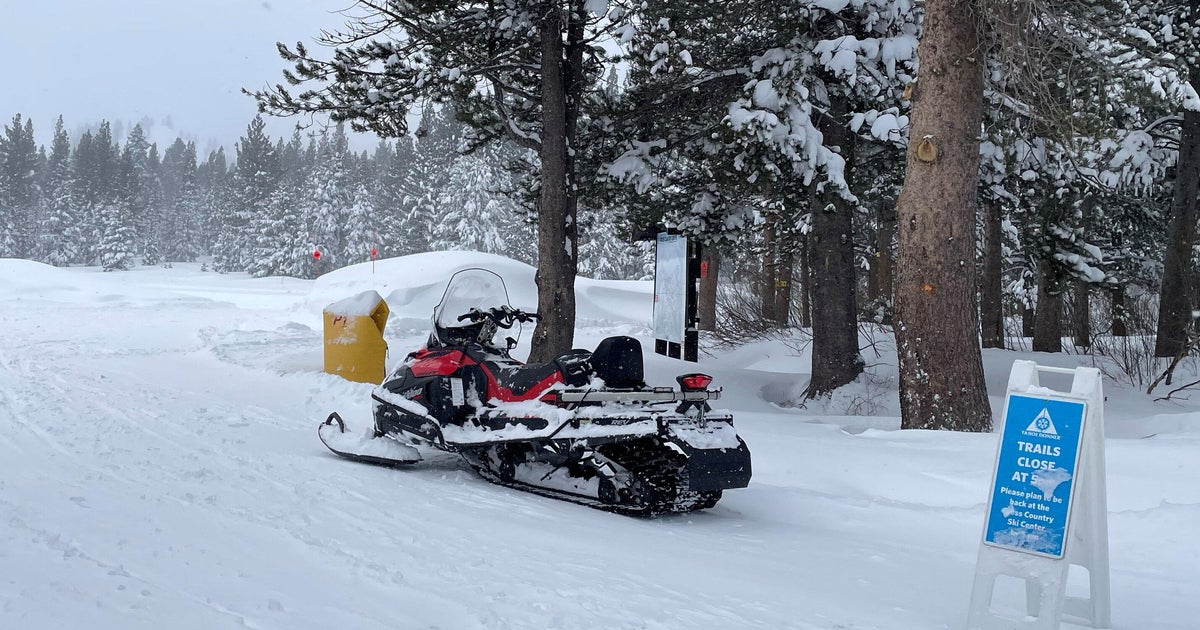9 confirmed dead in Italian glacier collapse amid ongoing search for missing hikers
Two more people were found dead in the Italian Alps, as the search for victims of last weekend's deadly avalanche continued four days after the disaster. The bodies discovered Wednesday brought the confirmed death toll to nine, according to government officials.
Record heat in northern Italy's Dolomites caused part of a glacier to detach from Marmolada, the range's highest peak, and collapse onto the land below on Sunday afternoon. Authorities were able to spot the two additional victims Wednesday by using drones to examine the wreckage left behind by the avalanche.
Search and rescue teams originally tasked with locating more than a dozen missing hikers have faced significant challenges this week.
Helicopters and dogs were initially used to help rescuers scan the area, but concerns about the glacier's potentially unstable condition limited search efforts.
The search will resume Thursday morning with rescue teams on the ground supported by helicopters that will be prepared to airlift the teams out of the mountain range should the environment become too dangerous, said Maurizio Dellantonio, president of the National Alpine Rescue Service, at a Wednesday evening press conference. Dellantonio said the movement of the glacier is being constantly monitored.
Eight hikers have been rescued since Sunday, but authorities have not been able to account for at least three others whose loved ones previously reported them missing. Of the nine victims killed in the avalanche, four have been identified by family members while five remain unidentified, according to Autonomous Province of Trentino President Maurizio Fugatti. A rescuer told AFP earlier this week that identifying the bodies of the deceased would likely be difficult due to the extensive damage caused by the impact of the collapse.
While experts have said that glacial detachments of this kind are rare and unpredictable, they also believe that the effects of climate change and observable patterns of unusual warmth and dryness across Italy could make them become more frequent.
"We are thus in the worst conditions for a detachment of this kind, when there's so much heat and so much water running at the base," said Renato Colucci, who works on the Institute of Polar Sciences at Italy's Council for National Research, told The Associated Press. "We aren't yet able to understand if it was a deep or superficial detachment, but the size of it seems very big, judging from the preliminary images and information received."



